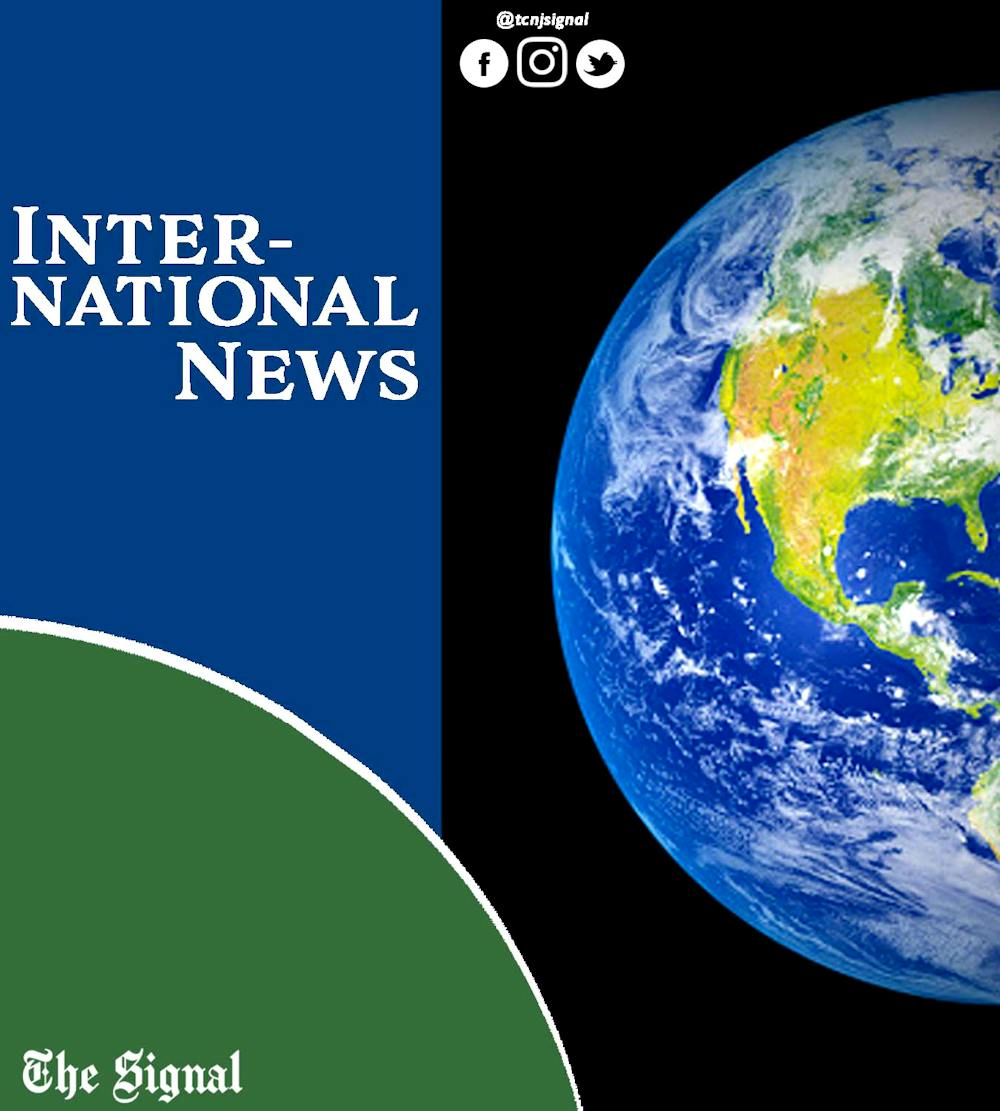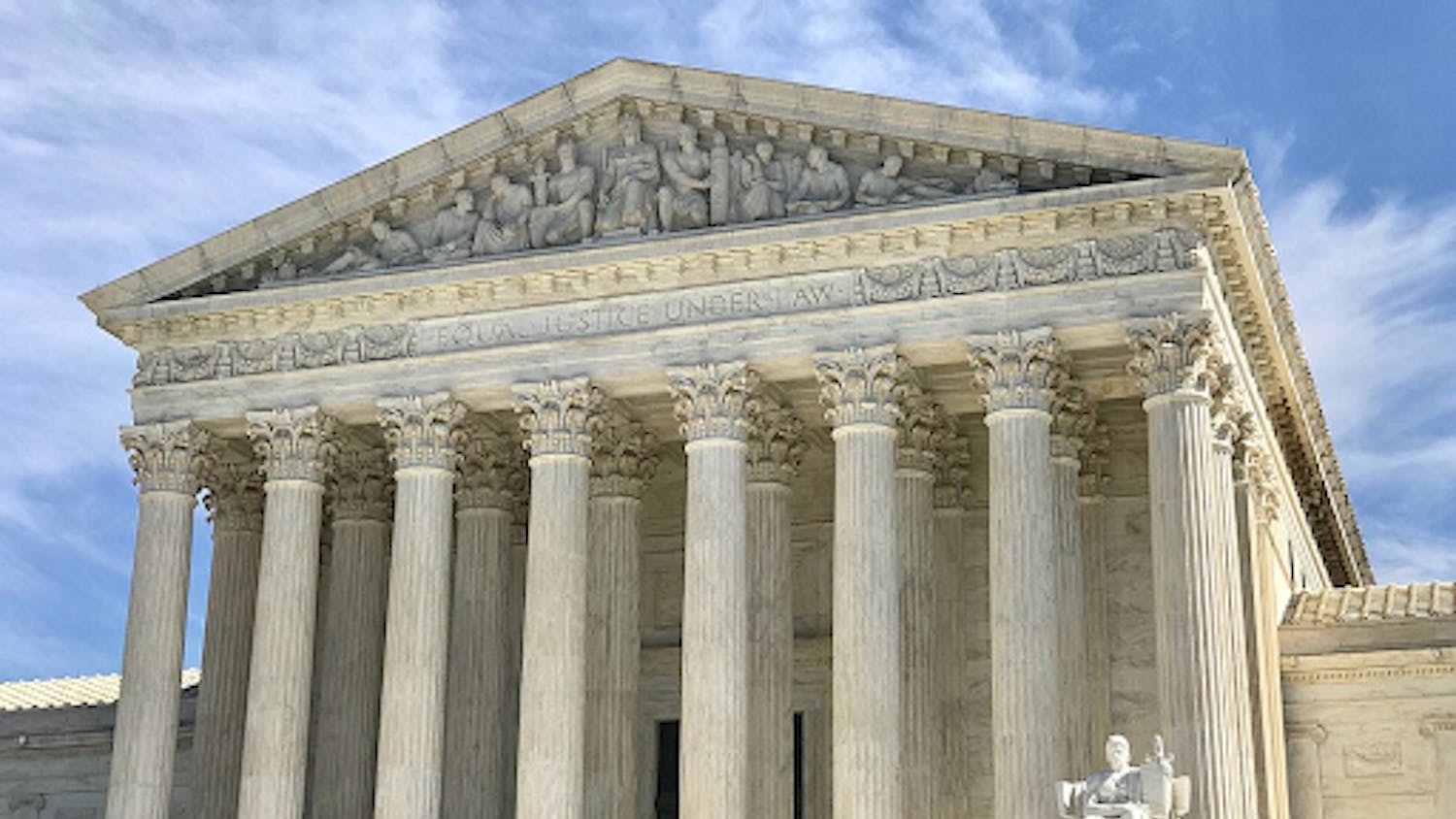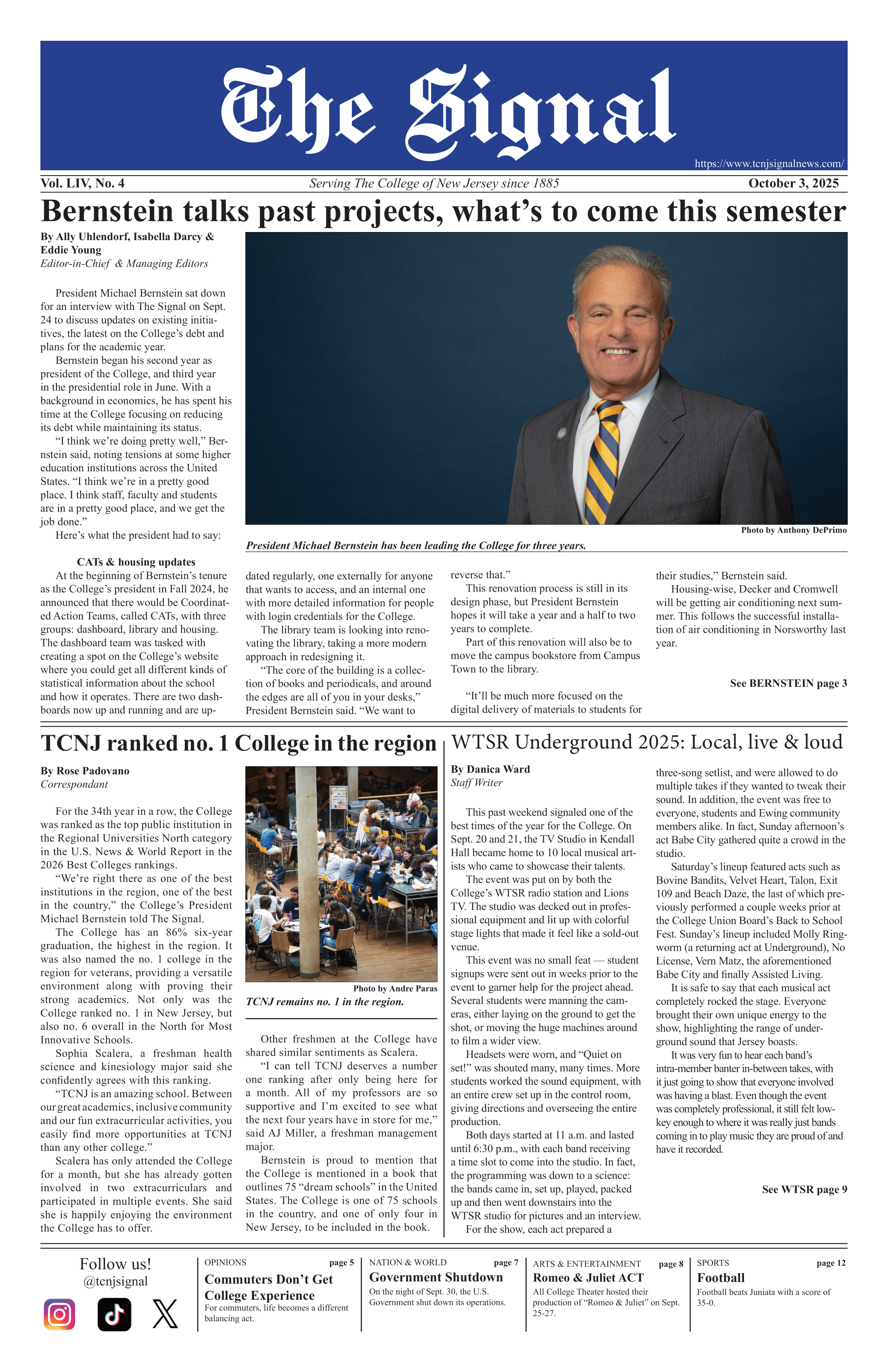Aliyah Siddiqui
Assistant International Editor
Since the start of the war in Ukraine, Ukrainian President Volodymyr Zelensky has labeled Russia’s attacks against the Ukrainian people as war crimes. Given the murder and torture of hundreds of Ukrainian civilians, many countries, including the United States and Britain, have since echoed his sentiment. In light of this, the U.S. House of Representatives voted on April 6 in favor of a bill that proposes an investigation of war crimes committed by the Russian military. Specifically, the bill requests that President Joe Biden send a report to Congress regarding the U.S. Government’s efforts to collect evidence related to Russian war crimes since the start of the war.
“We rise today not as Republicans, Democrats, but as Americans, as a united Congress on behalf of the American people condemning these atrocities,” said Michael McCaul, a Republican representative from Texas and the co-author of the bill.
According to the United Nations, war crimes are defined as “grave breaches of the Geneva Conventions of 12 August 1949” including intentional murder or torture, unlawful destruction or seizure of property and unlawful confinement. Within the context of international armed conflicts, war crimes can include the intentional attack on civilian populations, civilian objects or non-military buildings, destruction of property, pillaging, rape and many other violations against the rights of the affected people.
There is mounting evidence that Russia is committing war crimes and crimes against humanity, which includes known systemic attacks against civilian populations, in Ukraine. According to a UN report, there have been indiscriminate bombings of Ukrainian schools, hospitals and homes by Russian forces and unlawful killings and torture of unarmed Ukrainian civilians. For example, Ukraine has reported mass graves in Bucha, a town outside Kyiv, and a mass killing during a Russian strike of a theater in Mariupol, which killed at least 300 unarmed civilians. Human Rights Watch, a nonprofit that aims to highlight human rights violations around the globe, has also documented numerous cases of the Russian military committing violence and crime, including repeated rape, executions and pillaging, against Ukrainian civilians.
“The cases we documented amount to unspeakable, deliberate cruelty and violence against Ukrainian civilians,” said Hugh Williamson, a director at Human Rights Watch in Europe and Central Asia. “Rape, murder and other violent acts against people in the Russian forces’ custody should be investigated as war crimes.”
Investigations into the Russian Army’s actions have already begun, including one by the International Criminal Court (ICC) which has jurisdiction in places that are unwilling or unable to prosecute individuals in their own country. Since March, the ICC has been collecting evidence of Russia’s violence despite Russia’s claim that “not a single civilian has faced any violent action by the Russian military.” While neither Ukraine nor Russia are part of the ICC, Ukraine has given the ICC permission to prosecute individuals who commit crimes on Ukrainian soil since 2014. If the ICC finds that war crimes have been committed in Ukraine, all of the perpetrators along the chain of command will be prosecuted.
“The law of war continues to apply and we have clear jurisdiction,” said Karim Khan, the ICC’s top prosecutor. “Anybody involved in conflict needs to realize they don't have a license to commit crimes.”
According to PBS, prosecutors need to collect evidence about a victim’s death and connect the murder to the war to create a case for war crimes in Ukraine. To charge Russian individuals for the crime, the prosecutors must find the forces present at the time of the attack and the leaders who ordered the attack. Given this rather difficult task, experts state that directly charging Vladimir Putin, Russia’s President, or other Russian officials will be difficult.
“You’ve got to prove that they knew or they could have known or should have known,” said Philippe Sands, a professor at University College London. “There’s a real risk you end up with trials of mid-level people in three years and the main people responsible for this horror – Putin, Lavrov, the Minister of Defense, the intelligence folks, the military folks and the financiers who are supporting it – will get off the hook.”
Nonetheless, experts maintain that the atrocities in Ukraine must be documented to further strengthen the case against Russia’s military and leadership.
“We need to continue to shine a light on the actions of the Russians, the Russian government, because we have to make sure that this is undeniable,” said Pierre-Richard Prosper, a former U.S. ambassador-at-large for war crimes. “Hopefully, it will begin to not only curb the action, but promote an action of accountability. Hopefully, it will promote dissent from within, where the Russian people themselves see that there is a problem.”







